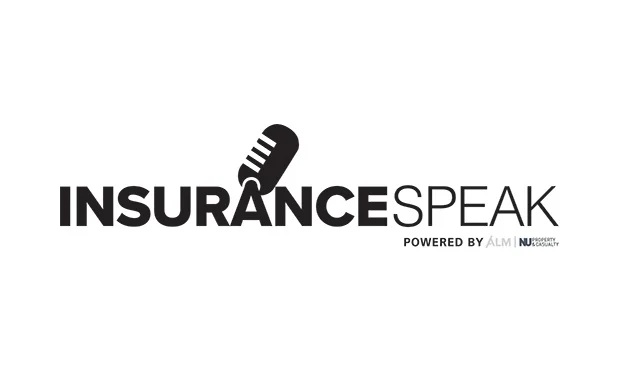High tax rates are the top risk identified by North America's business leaders in 2013, shows to Lloyd's of London's biennial Risk Index of more than 500 global executives.
Jumping from 15th place in 2011, it has eclipsed cyber liabilities such as fraud, corruption, theft of assets, loss of intellectual property and piracy as the top threat identified by companies.
Richard Ward, Lloyd's CEO, warns that immediate risks like high taxation are taking precedence over long-term issues like business safety.
“With business tax in the spotlight and rising up the political agenda, executives are understandably concerned,” says Ward. “Yet the danger is that an emphasis on near-term, operational issues comes at the expense of significant, strategic decisions that have previously exercised business leaders. With the timetable for global economic recovery likely to be much longer than we hoped, a focus on long-term sustainability and effective risk management should be a priority for boards across the world.”
The previous Lloyd's Risk Index, conducted in conjunction with Ipsos MORI, stated that business leaders' biggest fear in 2011 was the loss of customers due to the effects of global austerity, followed by reputational risk and changing legislation. Cyber threat came in fourth on the list.
Click HERE to see infographics related to this report.
Worries about cancelled orders fell to third place in 2013, and legislation changes to fourth, as corporate tax evasion and cyber breaches took precedence in business news. However, only about ten percent of companies feel “very prepared” to deal with tax risks and 16 percent feel prepared for cyber breach.
Large companies have come under increasing scrutiny in the past two years, says Lloyd's. For example, in 2012, the U.S. Senate investigated Microsoft and Hewlett-Packard for using offshore havens to dodge paying income taxes. Apple was under fire for the same controversy in 2013, and in February 2013 the G20 finance minister's meeting culminated in a pledge to crack down on tax avoidance by multinationals.
The perception of high tax rates was a ratings factor in Lloyd's index, however, KPMG's corporate tax rate table shows that corporate income levies have actually fallen slightly over the past several years. Average global tax rates have decreased from 24.5 percent in 2011 to 24.1 percent in 2013 and from 34 percent to 33 percent in North America.
Cyber risk was given a relatively low rating in 2011 because too many businesses underestimated its impact, the report states. This misconception changed after 2012, after a string of attacks took down CIA and Interpol websites, a rash of passwords were stolen from LinkedIn, and several major U.S. banks suffered site outages; and in 2012, the Ponemon Institute found that the average cost from cyber breach cost individual organizations anywhere from $1.4 million to $46 million annually.
The Insurance Information Institute (I.I.I.) stated in 2013 that almost two-thirds of cyber breaches, whether intentional or not, are caused by employee negligence and system glitches. Lloyd's advises that companies combat this real threat within their organizations.
Want to continue reading?
Become a Free PropertyCasualty360 Digital Reader
Your access to unlimited PropertyCasualty360 content isn’t changing.
Once you are an ALM digital member, you’ll receive:
- Breaking insurance news and analysis, on-site and via our newsletters and custom alerts
- Weekly Insurance Speak podcast featuring exclusive interviews with industry leaders
- Educational webcasts, white papers, and ebooks from industry thought leaders
- Critical converage of the employee benefits and financial advisory markets on our other ALM sites, BenefitsPRO and ThinkAdvisor
Already have an account? Sign In Now
© 2024 ALM Global, LLC, All Rights Reserved. Request academic re-use from www.copyright.com. All other uses, submit a request to [email protected]. For more information visit Asset & Logo Licensing.








